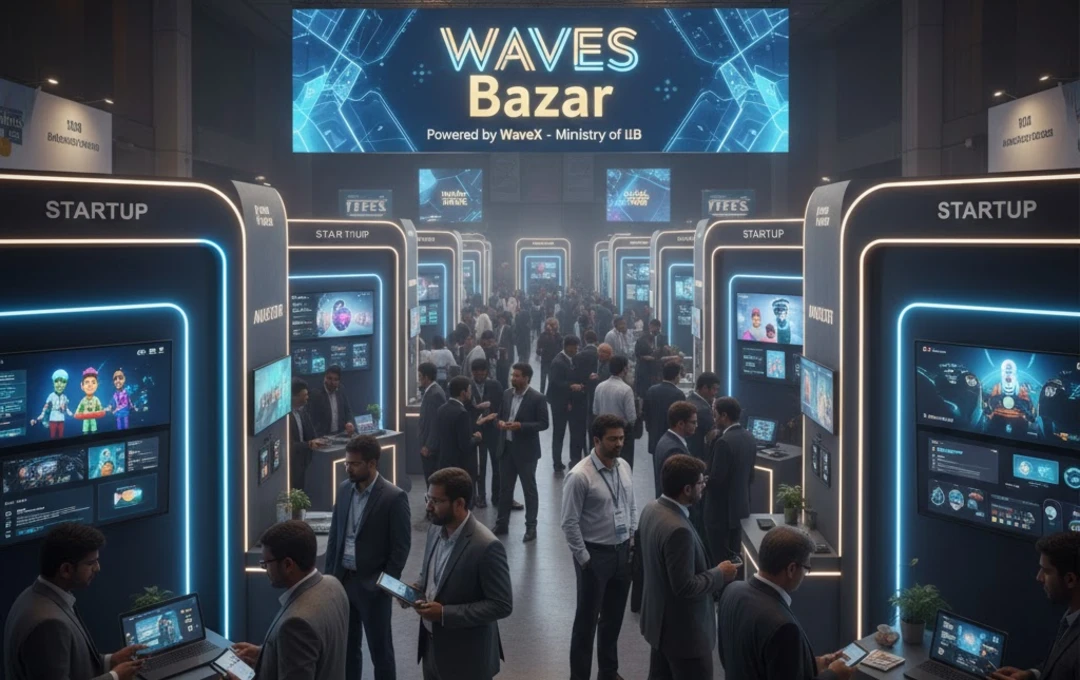Smarter Cooling for Smarter Machines: Liquid Cooling in AI Data Centers
As server racks exceed 30-100 kW by 2027, liquid cooling is emerging as the essential solution for efficient, high-density data center thermal management.

As artificial intelligence reshapes industries, data centers are evolving to support the surge in high-density computing. With server racks projected to exceed 30-100 kW by 2027, traditional air-cooling methods are reaching their limits.
Why Liquid Cooling?
Liquid cooling offers a more efficient and scalable solution by directly managing the heat generated by modern processors. It supports higher rack densities, reduces energy consumption, and enables sustainable growth for AI and high-performance computing (HPC) environments.
Key Liquid Cooling Technologies
-
Rear-Door Heat Exchangers (RDHx): Ideal for retrofitting, these systems cool air as it exits the rack.
-
Direct-to-Chip Cooling: Delivers coolant directly to heat-generating components like CPUs and GPUs.
-
Immersion Cooling: Submerges servers in a non-conductive liquid for maximum thermal efficiency.
Strategic Benefits
-
Improved Thermal Control : Prevents overheating and increases hardware lifespan.
-
Energy Efficiency : Reduces reliance on power-hungry fans and air systems.
-
Sustainability : Lowers environmental impact and supports green IT goals.
-
Higher Density : Allows more computing power in less space.
Liquid cooling is not just a trend- it's becoming essential for AI-driven operations. As workloads grow, this technology ensures performance, efficiency, and environmental responsibility in next-gen data centers.




